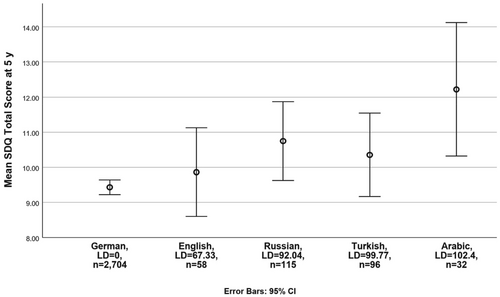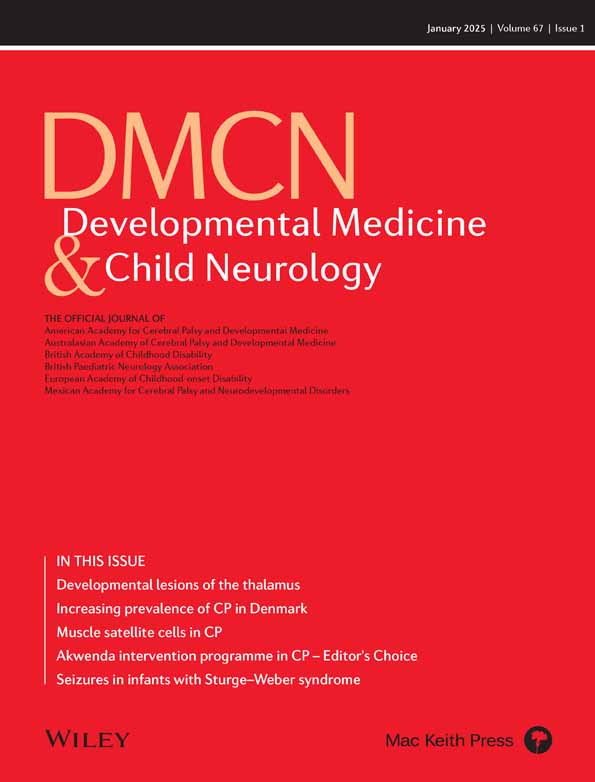Language barriers and mental health problems of preschool children born very preterm in Germany
This study explored whether the behavioural and emotional problems of preschool children born very preterm (before 32 weeks of pregnancy) are linked to their immigrant background and the languages they speak at home. The study followed 3220 children born very preterm in Germany, including 629 children with immigrant backgrounds. Parents answered questions about the languages they speak at home and about their children's behavioural and emotional problems when they were 5 years old.
Results showed that simply being an immigrant did not affect the children's behavioural and emotional problems. However, children whose mother tongues (meaning the languages they speak at home) were very different from German had more behavioural and emotional problems.





